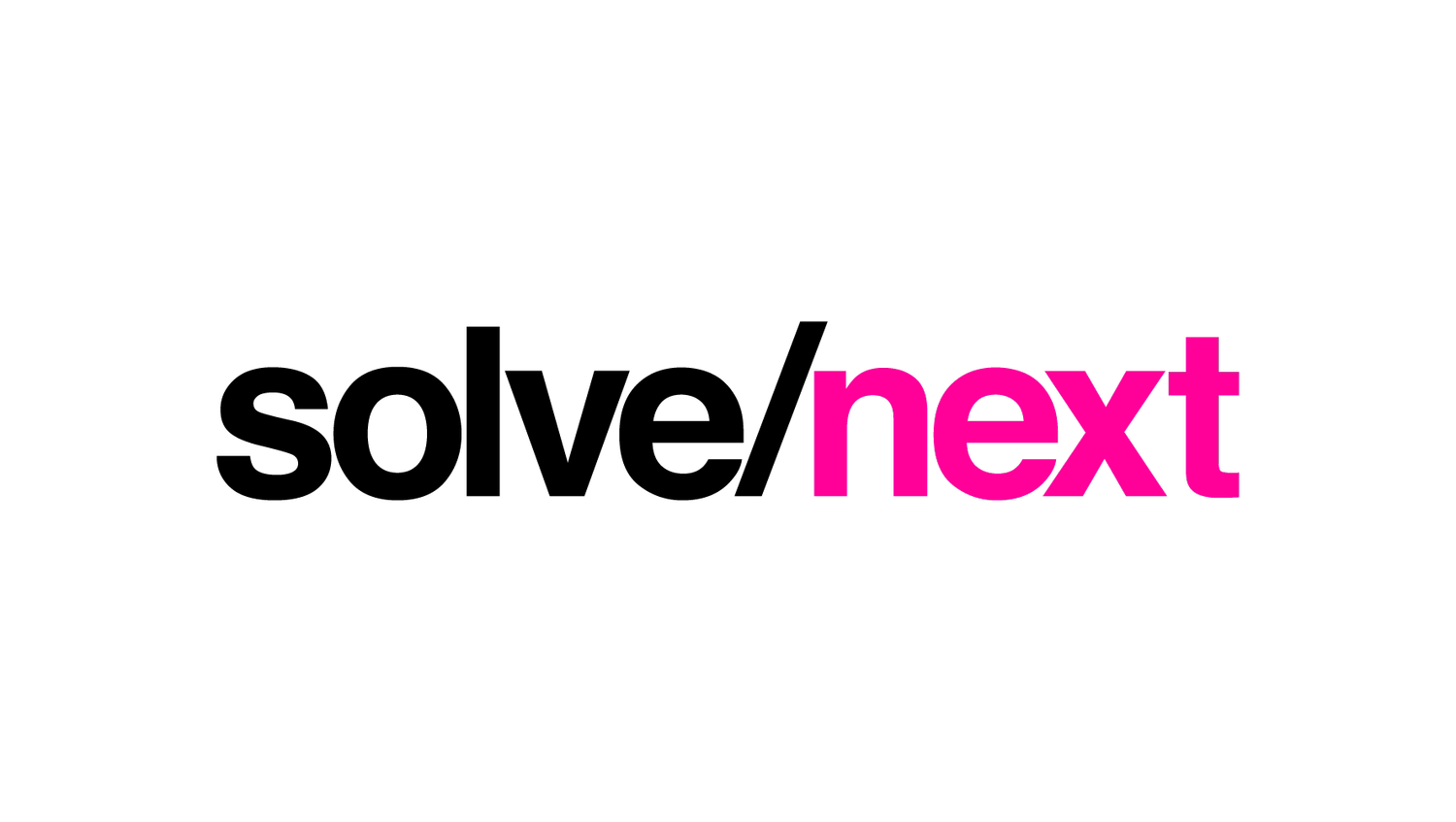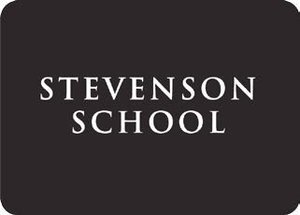Build Futures
A story of fresh inspiration and new possibilities.
Thinking wrong about education.
Playing basketball in Long Island City, Queens isn’t surprising. Using the neighborhood courts to retain school-year learning over summer break? That’s thinking wrong.
“It’s a no-brainer that this would teach the kids and be implemented all over.”
—Andre Smith, Teacher, Long Island City
Challenge: Queensbridge is home to the largest public housing development in North America. The average family income is $23,000 a year. And like all parents, these families want the best for their children, but often struggle to provide it. English may be a second language, job time can push family time, helping with homework is tricky if the child’s curriculum surpasses a parent’s education. And then there’s summer. The NYC Department of Education needed a low-cost, high impact idea to keep kids from losing ground during the break, or better yet, to keep them learning.
Story: In May 2014 we gathered in Queensbridge with the Department of Education’s Family and Community Engagement team and Lonni Tanner, chief at the Office of Public Imagination for the NYC Department of Probation (yes, this is a real, and really cool, department). We began by simply walking around the neighborhood with our team composed of educators, designers, parents and neighbors. We wanted a solution that came from the community itself, to ensure its success.
As we walked the streets meeting local leaders, librarians, business people and kids, it didn’t take long for the idea of basketball to emerge. Courts and the kids who want to play on them are everywhere. With basketball as our inspiration, we used Think Wrong drills to arrive at the breakthrough idea of a hack to the classic game of HORSE.
The team took the classic kids’ game of accuracy—where you shoot from various spots on the court to spell the word “horse” – and turned it into a game of literacy. The initial iteration reinforced the alphabet and Fry sight words. But as enthusiasm took hold, the scope quickly grew to include math and even geography as well.
Result: By July, Faceball (named for the Family and Community Engagement department) was being played on courts across the neighborhood. And when September came around, teachers enthralled with the game’s potential kept it going on school playgrounds and gyms, too.
Rather than hunkering down behind closed doors in a fluorescent-lit conference room, the team immersed themselves in the community for inspiration. And in just two months went from a disparate group of folks facing high odds and seemingly few assets to an affordable solution the entire community has rallied behind.
We serve organizations who care about early childhood development, how kids learn best, and how their families might support their growth.
A selection of clients Solve Next has helped think wrong about education and early childhood development.
A selection of education and development challenges Solve Next has helped our clients think wrong about.
“How might we design and launch a social venture that could make life better for millions of children, by creating a self-sustaining, student-run initiative at Stevenson School?”
“How might we spark hundreds and thousands of local youth-empowering projects in neighborhoods, villages, towns, cities, and rural communities all over the planet?”
“How might we get parents and children to engage in learning and literacy through a super-simple, really-cool, low-cost summer program?”
“What might the Charles River School of the future be?”
“How might we disrupt the existing ways of doing things for children so that they and their families might have more opportunities for greater success in school and in life—earlier in their lives?”
“How might we raise awareness, recruit and involve thousands of members, activate a core of 500 force multipliers, and reward people for their contributions in 2012?”
Be inspired.
Try the 3x3x3 drill when you want to break through preconceptions, elitism, and status that restrict what might be considered.
Let’s talk.
Contact us to explore how you might think wrong about early childhood development, education, and kids rights.










